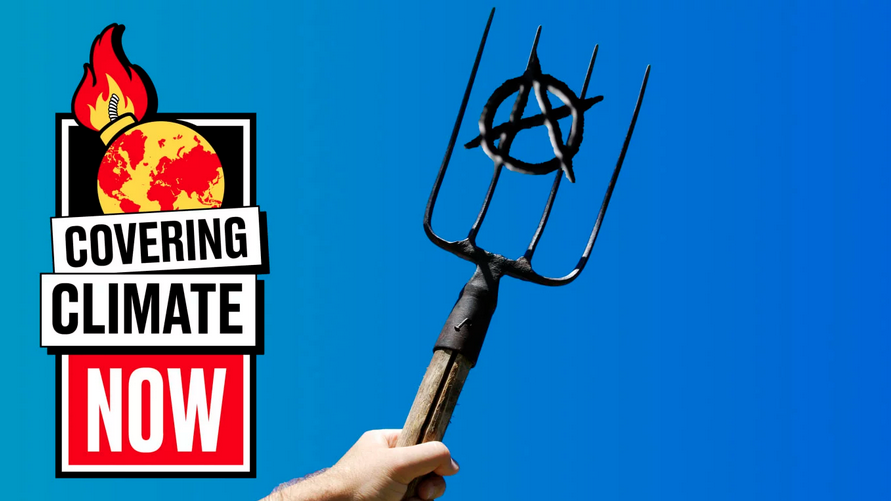With no faith in government, some radicals are hoping to provide for themselves and their neighbors through the land and each other.
In the waning months of 2011, Tim Holland was deeply involved in Occupy Denver, the local arm of the international Occupy movement. The 41-year-old anarchist and hip-hop artist, who goes by the stage name Sole, had been living in the Mile High City since 2009. When Occupiers first set up an encampment at Lincoln Park, Holland organized street protests, public assemblies, fundraisers, reading groups, and more. Protesters interrupted city council meetings and repeatedly attempted to take over government buildings before the movement was quashed when their second encampment in Civic Center Park went up in a haze of flames. Following Occupy Denver’s suppression by law enforcement, gentrification in the city seemed to shift into hyperdrive, forcing Holland to rethink living there.
“I wanted to pull myself out of the rat race and reimagine what a new form of my political interventions and practices could be,” he said.
Holland had visited intentional communities in France, where radicals were successfully supporting themselves through farming. The idea of anarchists in North America doing the same captured his imagination. He left Denver in 2018, relocating with his wife and young child to an old farmhouse on the outskirts of Brunswick, Maine.
“Earlier in the year that I moved, I learned about the Ogallala Aquifer, which feeds all of the farmland of the breadbasket—and Colorado as well,” Holland said. “It’s going to be depleted in 20 years from now.” Wanting to reorient his life and politics around “food autonomy”—or self-sustaining food production—Holland saw the depletion of the Ogallala Aquifer as not only a strike against staying in Denver but grim proof of what awaited much of American society, which depends on conventional food production to survive.


